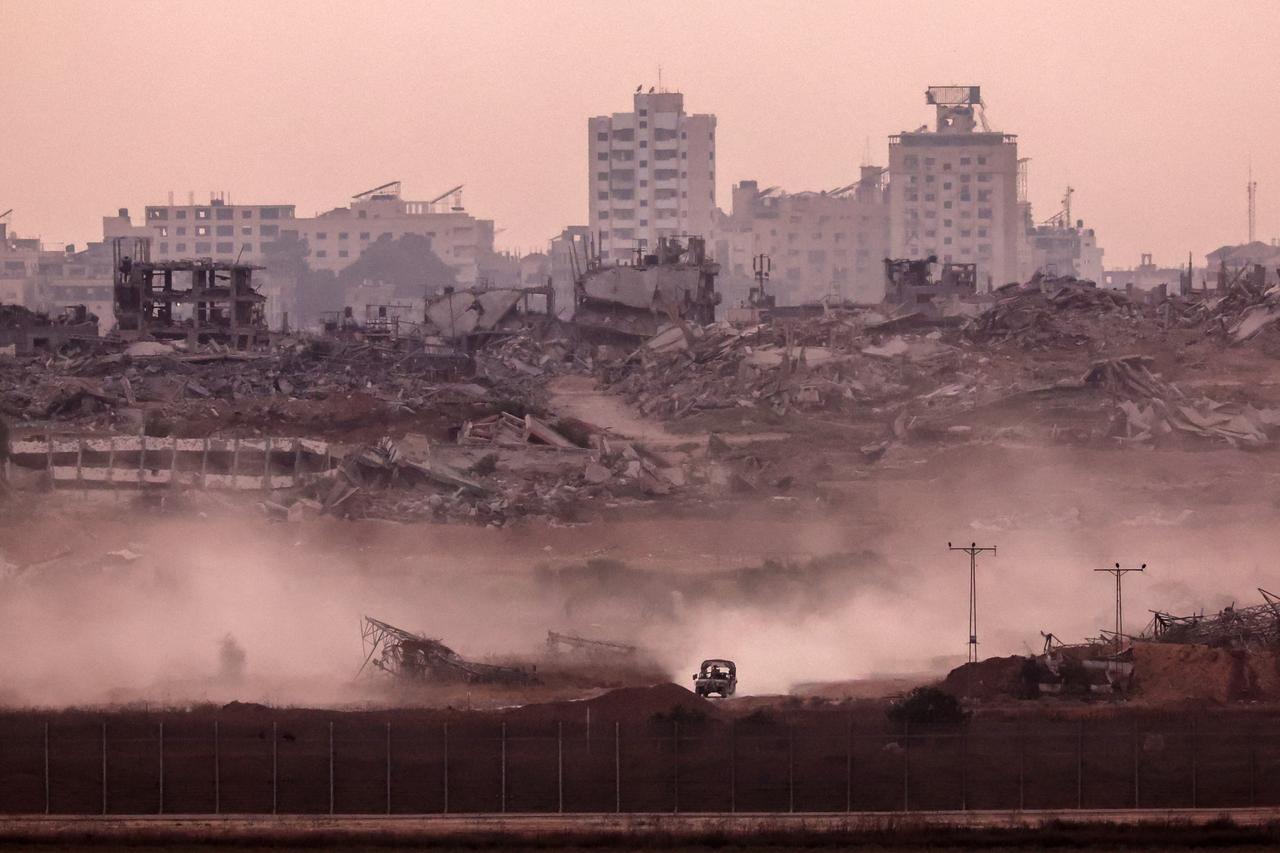
Palestinian sources said Hamas is inclined to accept a new cease-fire and prisoner exchange proposal presented by Egypt and Qatar, but has not yet made its final decision.
Unnamed Palestinian sources told Anadolu Agency (AA) that Egypt, Qatar, and the United States have provided "broad guarantees" regarding the new cease-fire proposal.
The sources noted that Türkiye could also be among the guarantors of the cease-fire agreement, adding that "of course, discussions on some technical issues are still ongoing."
The technical issues include mechanisms for delivering humanitarian aid to the Gaza Strip and withdrawal maps, according to the sources.
Discussions continue regarding arrangements after the 60-day cease-fire period, what will happen if this period is not sufficient to reach a comprehensive and final agreement, and other details.
Sources said Hamas is inclined to accept the new proposal for cease-fire and prisoner exchange presented by Egypt and Qatar, but has not yet given its final decision.
Hamas continues consultations with other Palestinian groups before giving its official response and is expected to respond within a maximum of two days, the sources added. A separate dispute remains over the humanitarian aid mechanism. Israel wants to maintain the current delivery system managed by a U.S. firm, while Hamas is pushing to return to the previous U.N.-administered model, which allowed 400-600 aid trucks daily.
According to Gaza's Health Ministry, at least 640 Palestinians were killed and nearly 4,500 others injured since the Israel-drafted aid mechanisms came into force on May 27.
Negotiations will also cover the release of Palestinian prisoners, with Hamas expected to demand high-profile names, including some previously rejected by Israel.
Hamas has repeatedly stated its readiness to release all Israeli hostages in exchange for an end to Israel's military campaign and a complete withdrawal from Gaza.
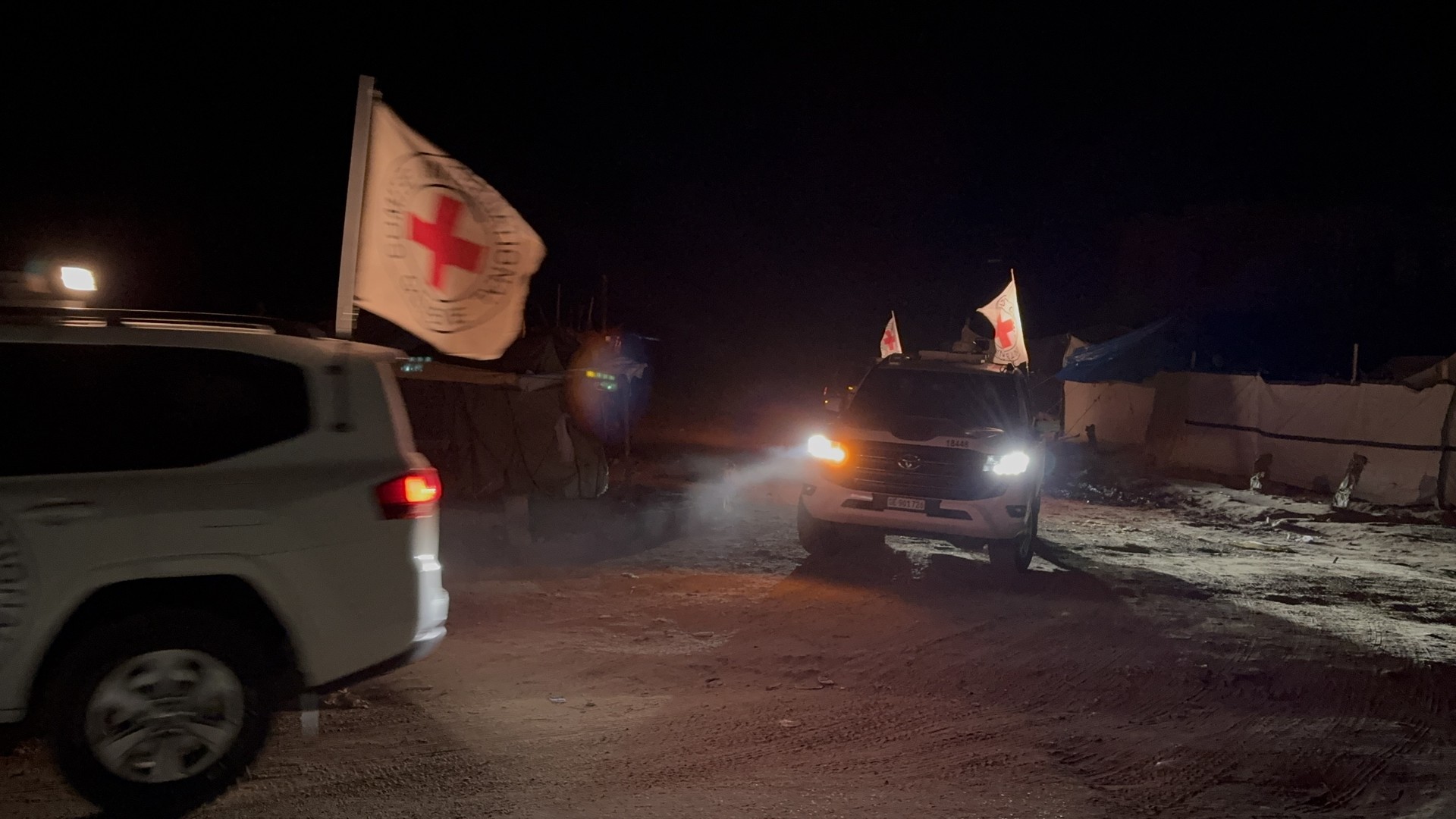
The 60-day Gaza cease-fire proposal calls for the release of 10 Israeli hostages and the remains of 18 others, according to Israeli media reports.
"The releases will be implemented in five phases during a 60-day cease-fire," the Israeli daily Yedioth Ahronoth reported, citing unnamed sources.
The proposal includes stronger American assurances that if an agreement to end the war is not reached within 60 days, the cease-fire will continue as long as negotiations are serious and ongoing. The proposal also includes a clause for the gradual withdrawal of Israeli forces from Gaza.
"This clause is likely to trigger a debate in Israel, which continues to demand Hamas disarmament, leadership exile, and exclusion from any future governance in the enclave," Yedioth Ahronoth reported.
Indirect negotiations are expected to begin within days in Qatar or Egypt if Hamas accepts the proposal.
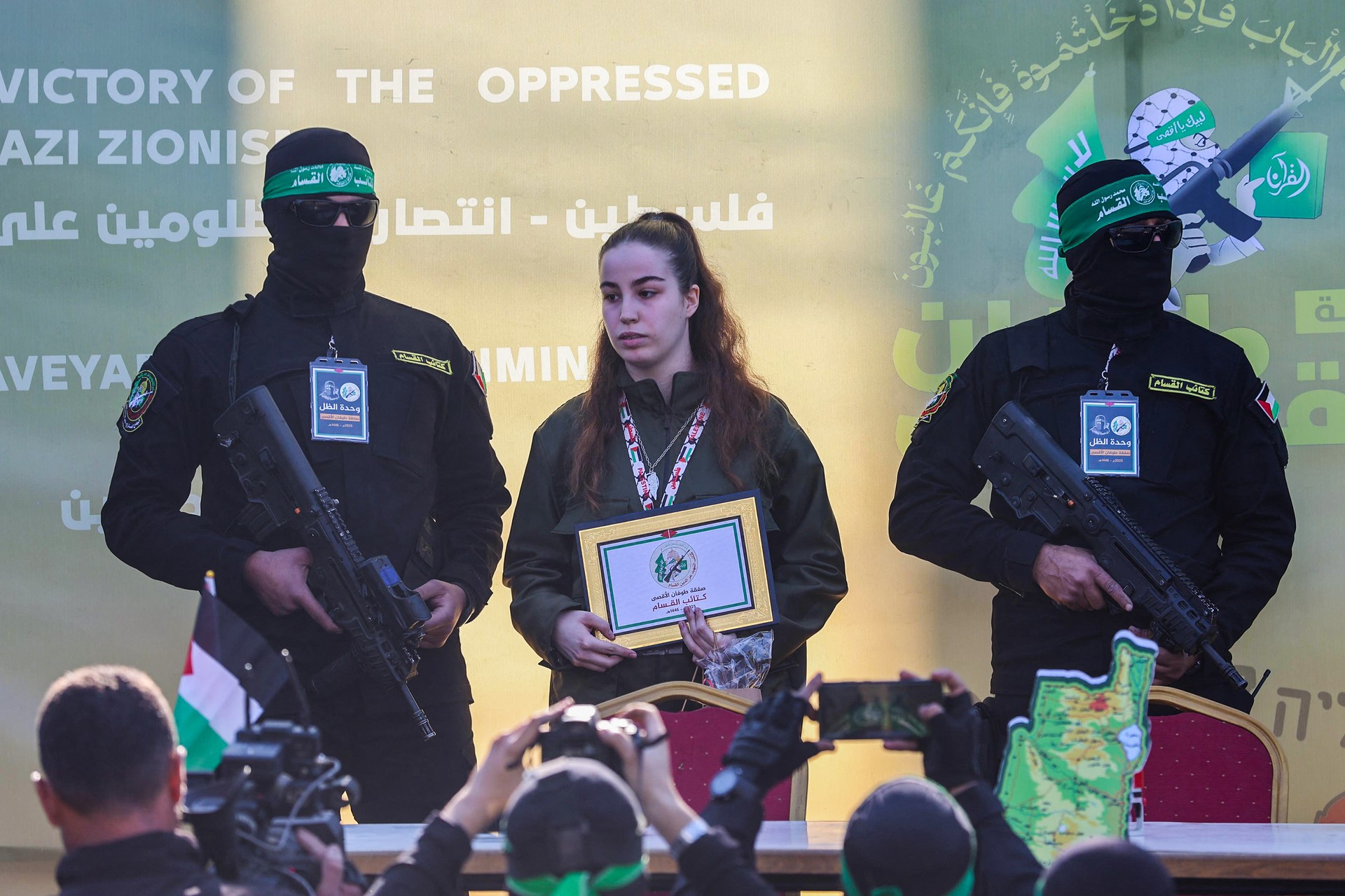
U.S. President Donald Trump recently announced that Israel has accepted the necessary conditions for achieving a 60-day cease-fire in Gaza Strip.
"Israel has accepted the necessary conditions for finalizing the 60-day cease-fire. During this period, we will work with all parties to end the war," Trump stated, noting that U.S. representatives held "long and productive" meetings with Israeli officials.
The U.S. administration aims for tangible progress, or at least a breakthrough announcement, during Israeli Prime Minister Benjamin Netanyahu's upcoming visit to Washington next week.
If accepted, Hamas will not hold public ceremonies for the hostage handover, according to sources close to the talks. Hamas has responded positively to the condition about continuing the cease-fire as long as negotiations are ongoing, viewing it as a guarantee against unilateral Israeli resumption of its assault.

Egyptian Foreign Minister Badr Abdelatty recently discussed Gaza ceasefire efforts in a phone call with Steve Witkoff, U.S. President Donald Trump's special representative.
"Abdelatty confirmed the need for a cease-fire to resume in Gaza and allow entry of humanitarian aid and medical supplies," the Egyptian Foreign Ministry stated.
The two officials agreed to intensify efforts in the coming days to achieve a ceasefire agreement in Gaza and continue bilateral coordination.
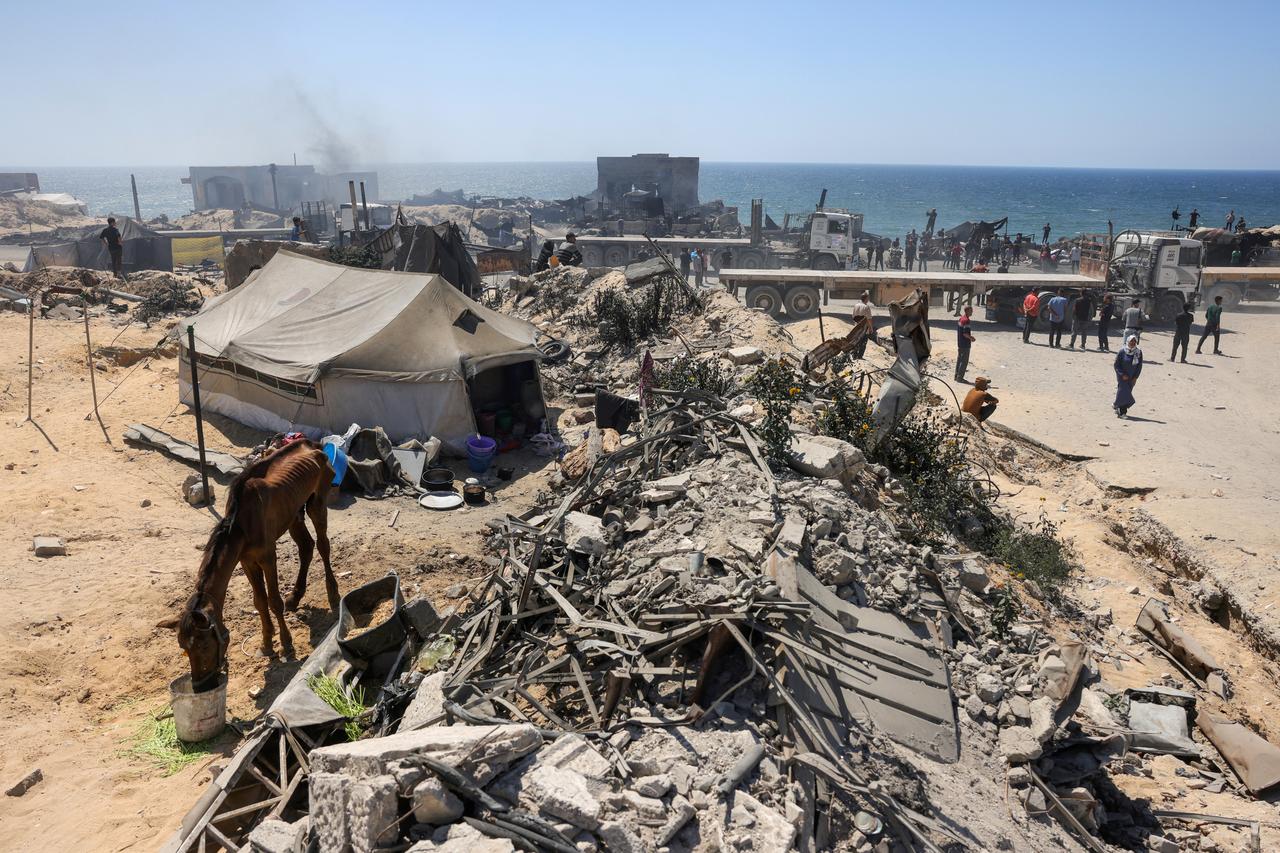
Israeli main opposition party Yesh Atid leader Yair Lapid recently announced they would provide a "safety net" to the government if far-right parties oppose the cease-fire and prisoner exchange agreement.
Lapid said his party's 23 lawmakers would vote in favor if the far-right Jewish Power and Religious Zionism parties vote against the agreement in parliament.
"23 votes from us to provide a safety net for the prisoner exchange agreement, instead of 13 votes from Ben-Gvir and Smotrich. We must bring everyone home now," Lapid stated.
Israeli Foreign Minister Gideon Saar also said Israel is serious about reaching a hostage agreement and a cease-fire with Hamas.
"There are some positive signs. I don't want to say more right now, but our goal is to start indirect talks as soon as possible," Saar said during a joint press conference with Estonian Foreign Minister Margus Tsahkna in Tallinn.
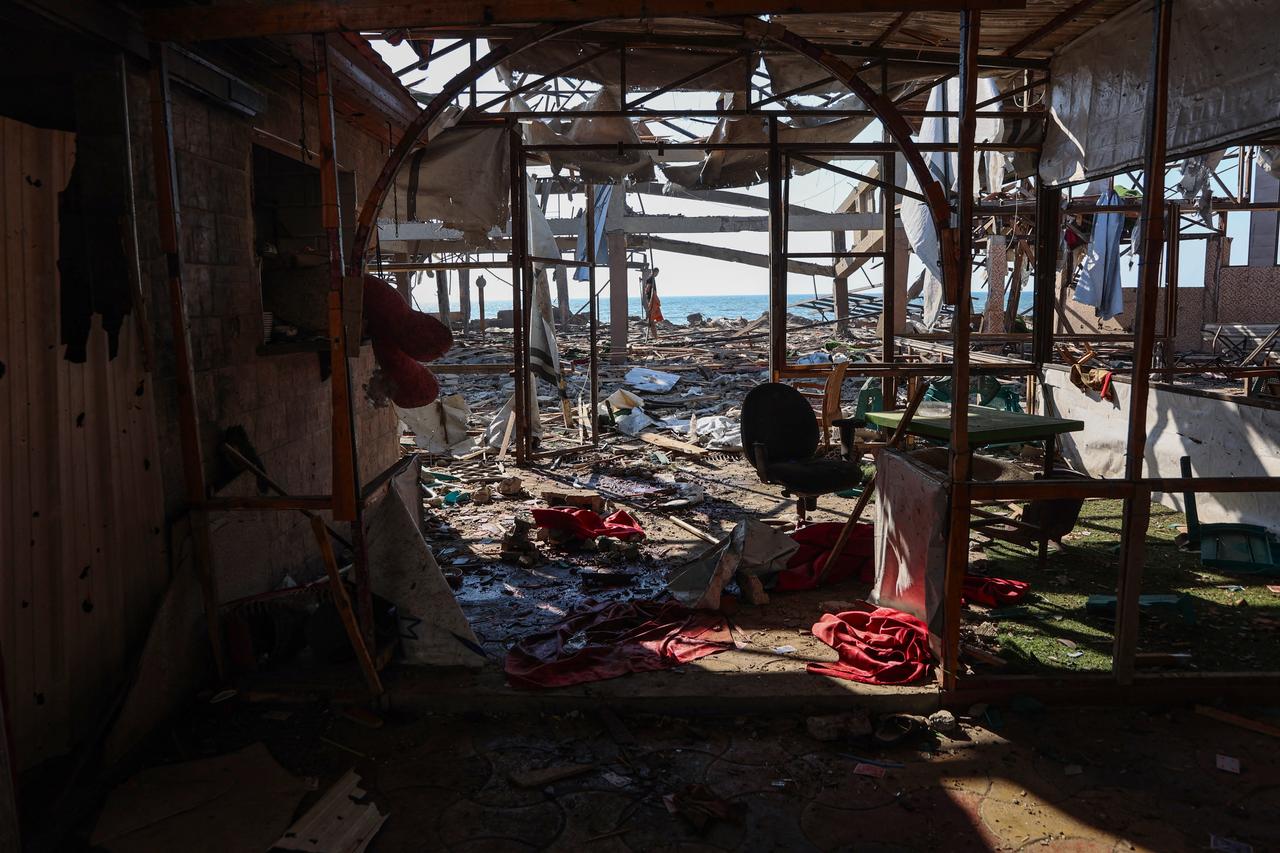
U.S. State Department Spokesperson Tammy Bruce recently said that if there is a cease-fire in Gaza Strip, it would have "elements that everyone accepts."
"If there is a cease-fire, clearly there will be elements that everyone accepts. And that will ultimately determine what President Trump's vision will be," Bruce stated.
At least 57,130 Palestinians have been killed in Israel's war on the Gaza Strip since October 2023, the Health Ministry said Thursday.
The ministry reported that 118 bodies were brought to hospitals in the last 24 hours, while 581 people were injured, bringing the total number of injuries to 135,173.
"Many victims are still trapped under the rubble and on the roads as rescuers are unable to reach them," the ministry added.
The ministry noted that 12 Palestinians were killed and over 49 injured while trying to get humanitarian aid in the last 24 hours, bringing the total number of aid seekers killed by Israeli fire to 652 and 4,537 others wounded since May 27.